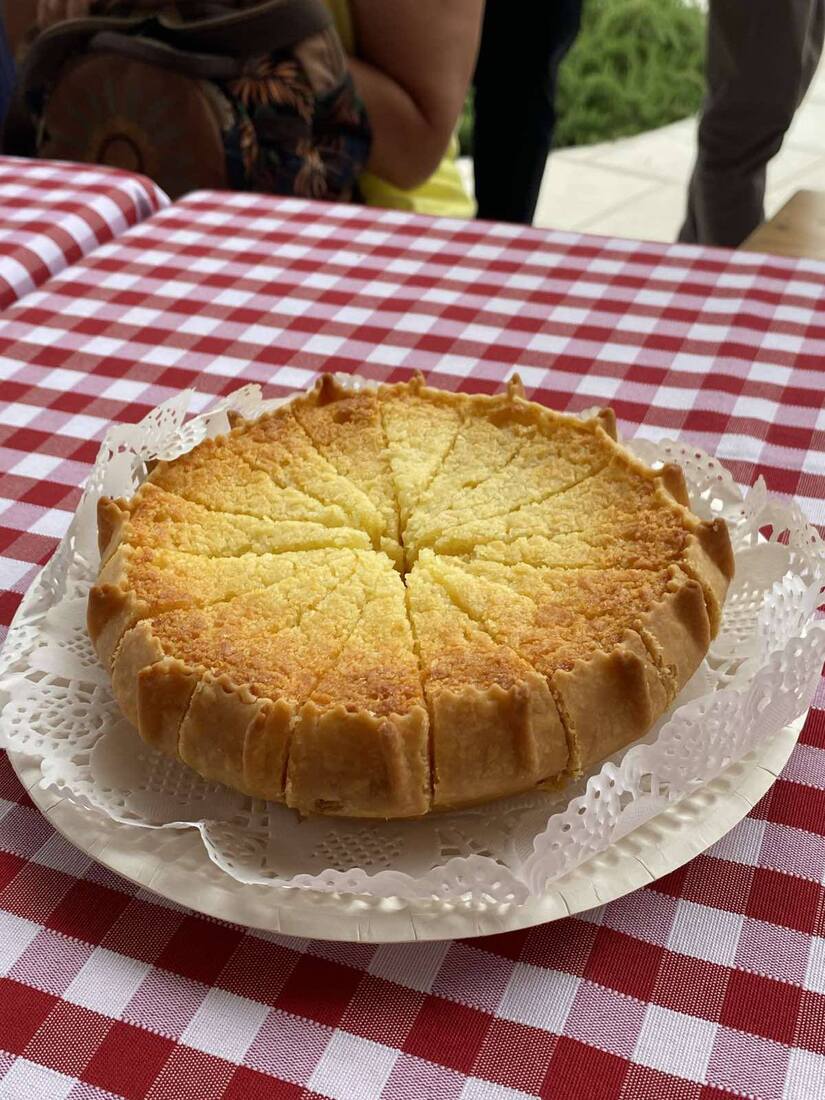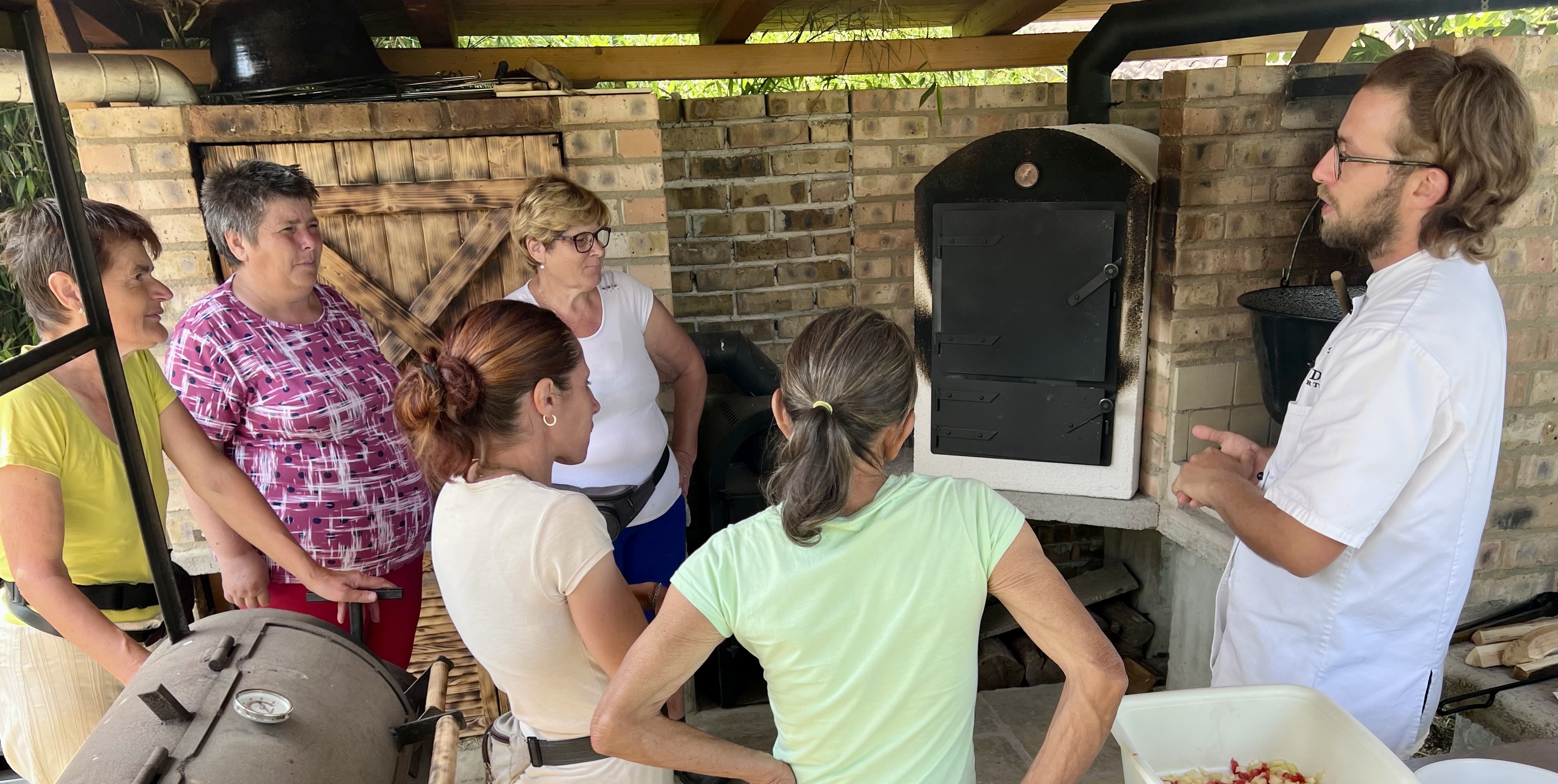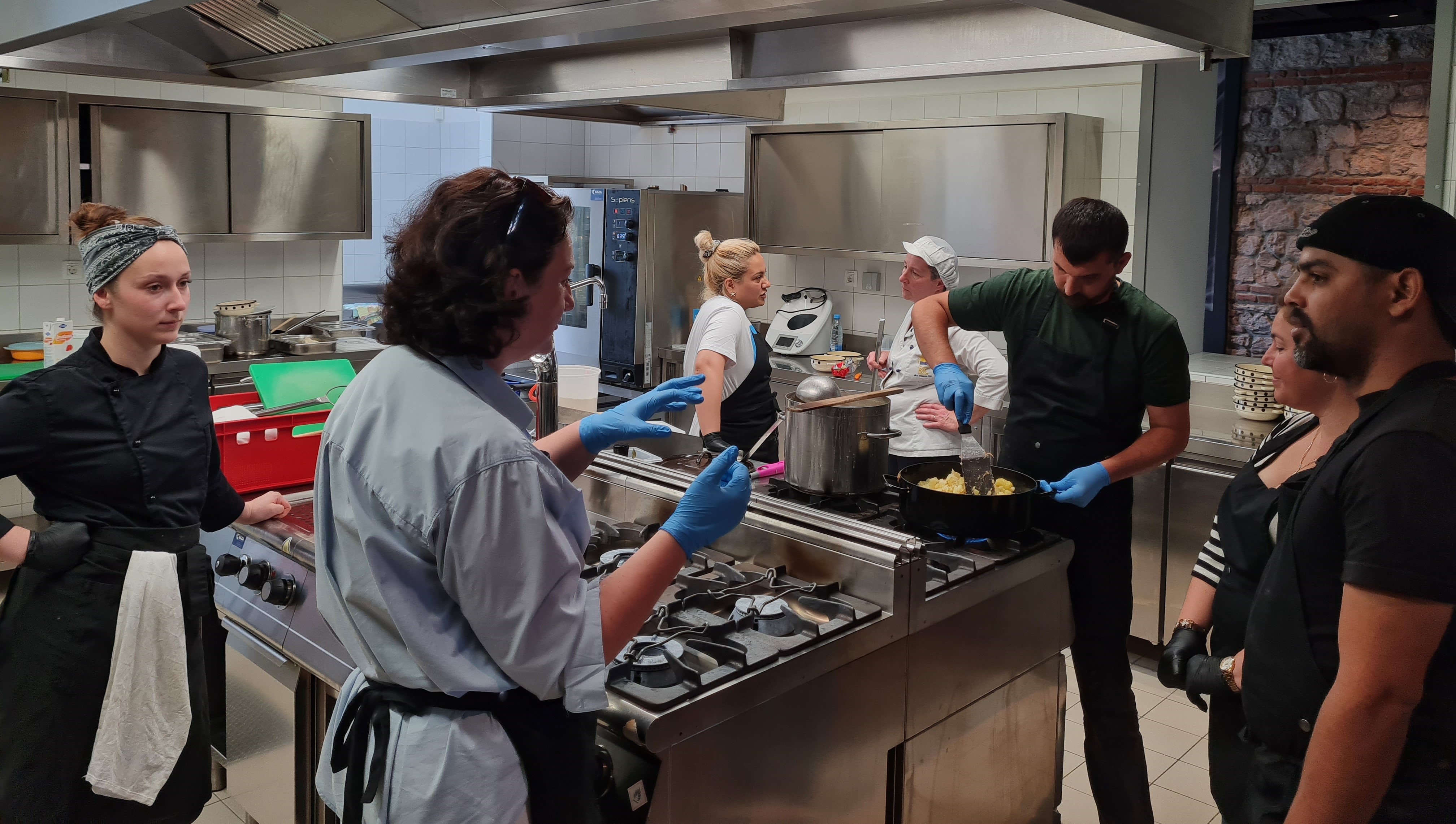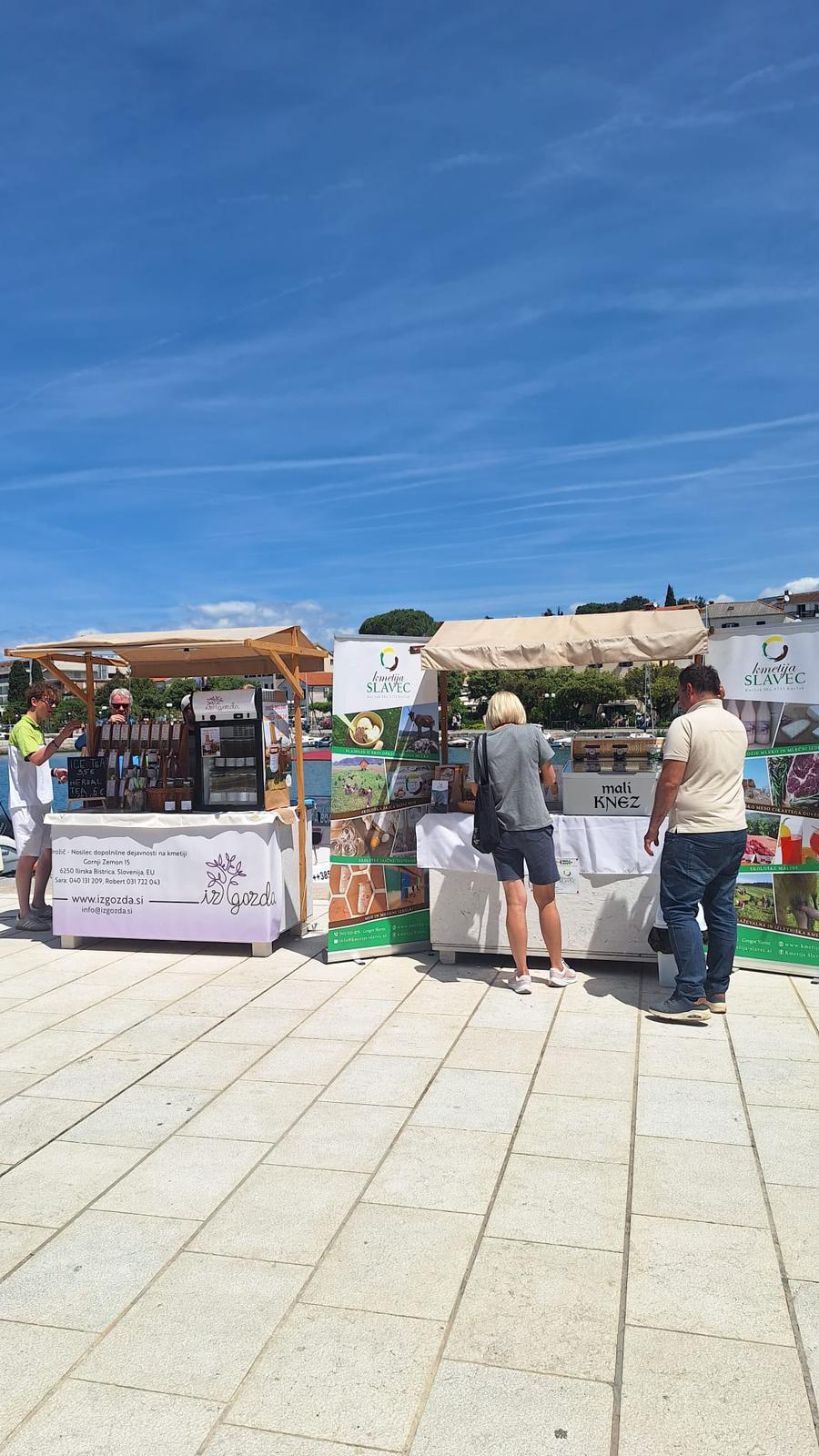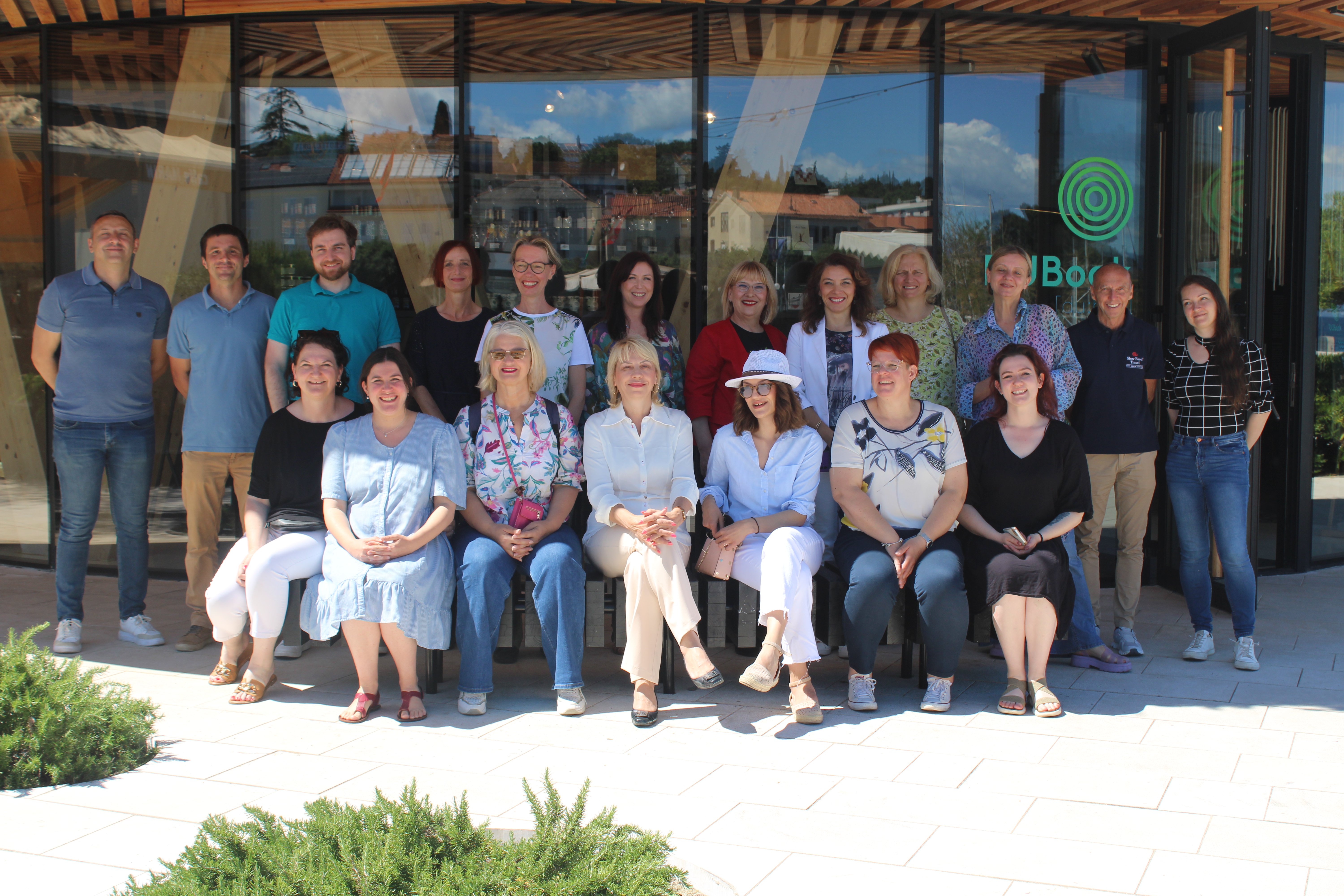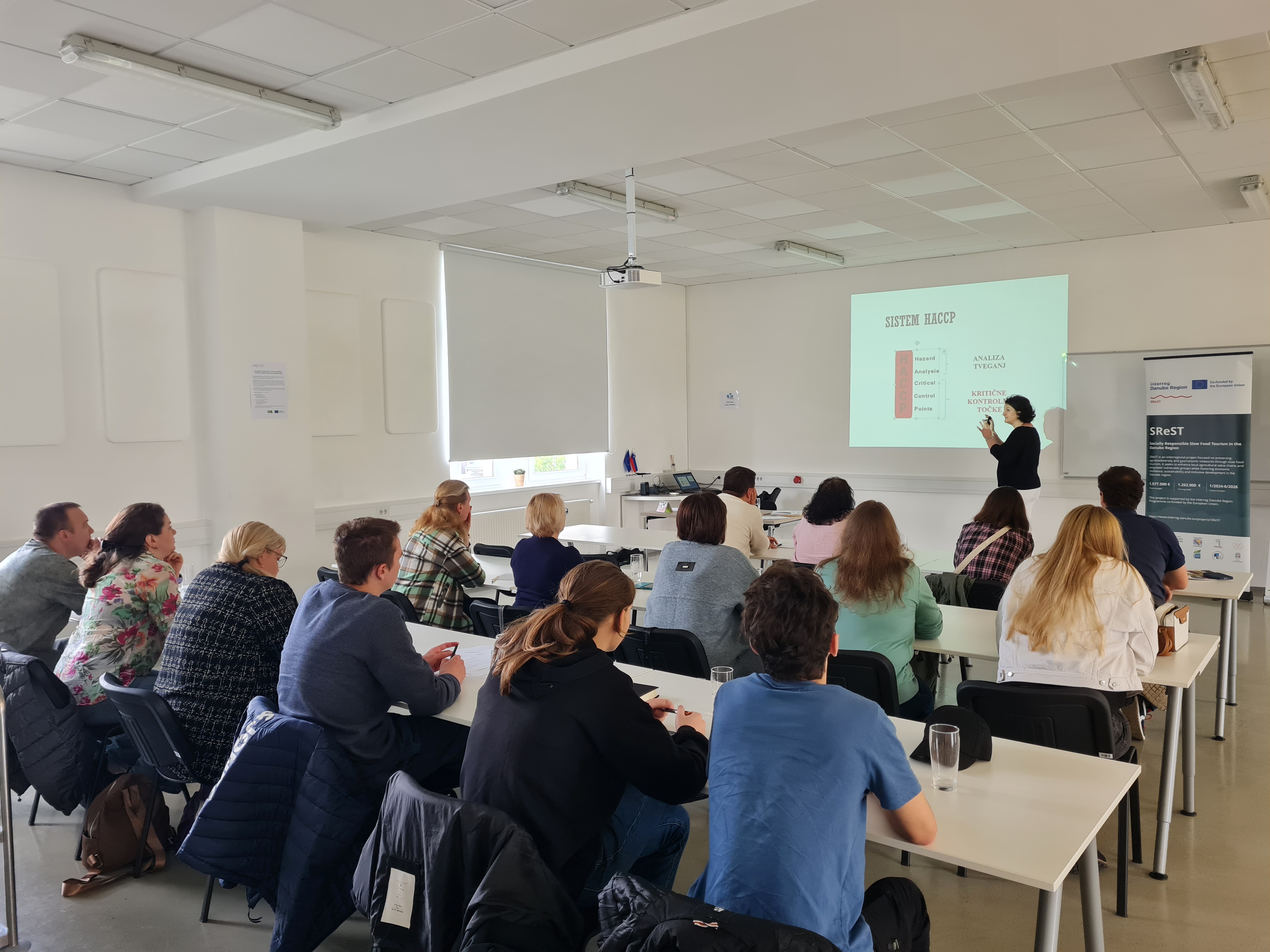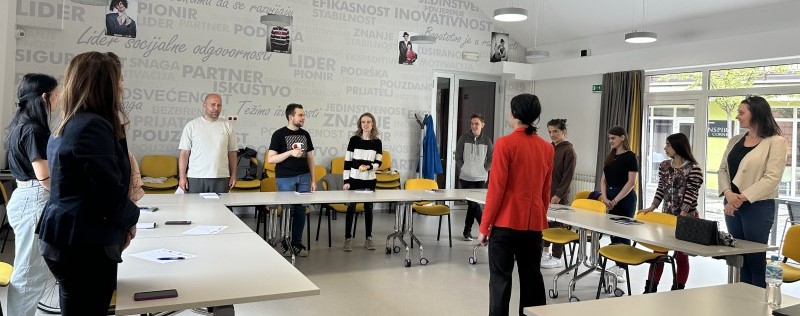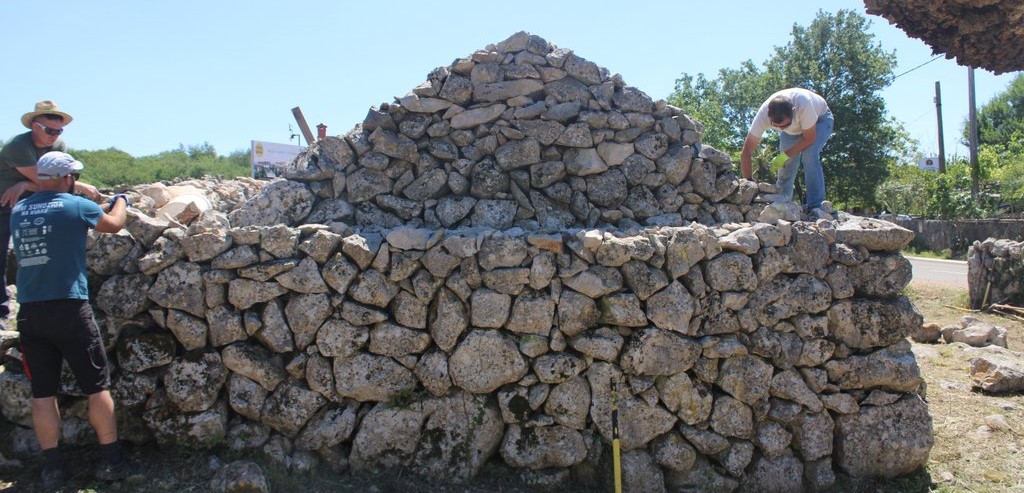
Dry-stone walling workshop – renovation of the mošuna in Barušići
As part of the Pilot 1: Testing Agrobiodiversity Tourism Itineraries, the exhibition “Biodiversity and Agrobiodiversity of the Island of Krk”, SReST project partner Municipal Community Dubašnica organized a two-day dry-stone walling workshop. The workshop enabled participants to work together to partially restore an old mošuna in the heart of Dubašnica, learn about the dry-stone walling technique, and become aware of the importance of restoration and protection of dry-stone wall buildings in preserving our cultural heritage and sustainable agriculture.
A two-day dry-stone walling workshop was held in Barušići under the guidance of experts from the 4 GRADA DRAGODID association. The work was on the restoration of a representative example of the Dubašljan mošuna, a traditional shepherd's building – a dry-stone wall barn for animals. In the introductory part of the workshop, the leaders introduced the participants to the basics of "dry" construction, after which in the working part, they all reconstructed the problematic parts of the building, such as the gable and the collapsed opening in the mošuna wall, and created a base for the planned roofing structure, which will be done with traditional covering (sorghum straw). These parts were reconstructed using the duplice or double-sided dry-stone walling technique, where the dry-stone wall consists of two outer layers of stones, with smaller stones placed between them as a fill. Also, under the guidance of experts, the participants renovated the single-layered enclosure walls - the so-called "unjulo" around the mošuna to make them more stable and taller. With the aim of making the renovated mošuna a monument of traditional life in the future, those present, with an equal dose of work, learning and fun, ensured that this mošuna would no longer be abandoned and forgotten.
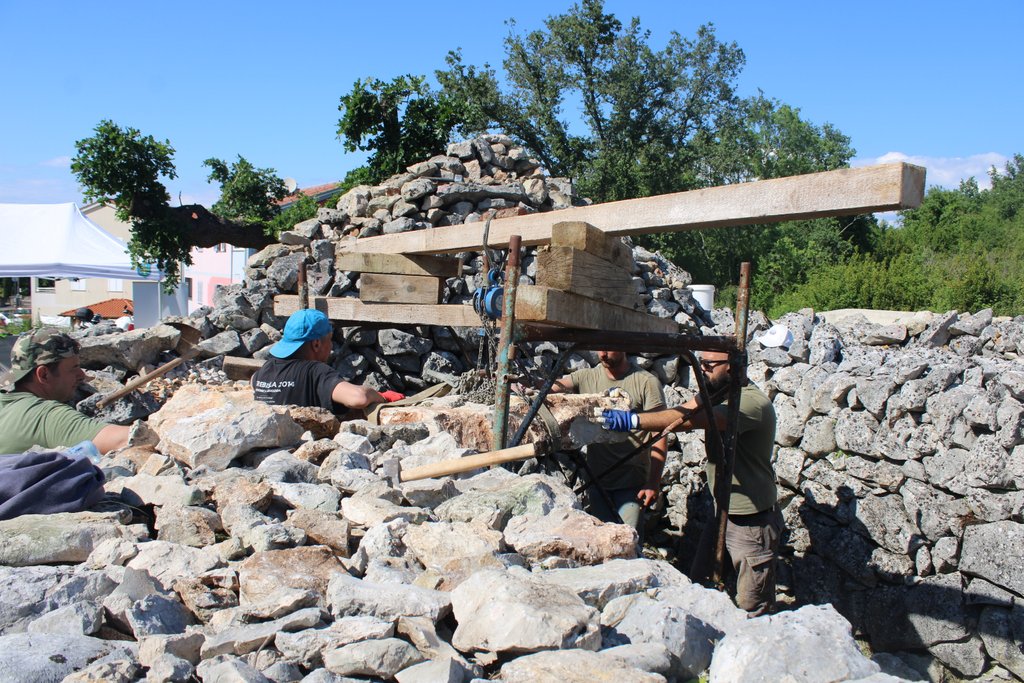
Participants from Rijeka, Kastav, Zagreb, Gospić, the entire island of Krk and just one from Dubašnica contributed to the restoration of the Dubašljan mošuna.
The art of dry-stone walling is on the Representative List of the Intangible Cultural Heritage of Humanity, so the workshop was a step forward in further preserving and passing this traditional skill onto new generations. It is also important to mention that dry-stone walling brings a number of benefits to the ecosystem, such as preventing soil erosion, creating habitats for a large number of plants and animals, reducing the risk of floods, reducing the CO2 footprint, etc. - so by learning from our ancestors, we can ensure more sustainable local agriculture.
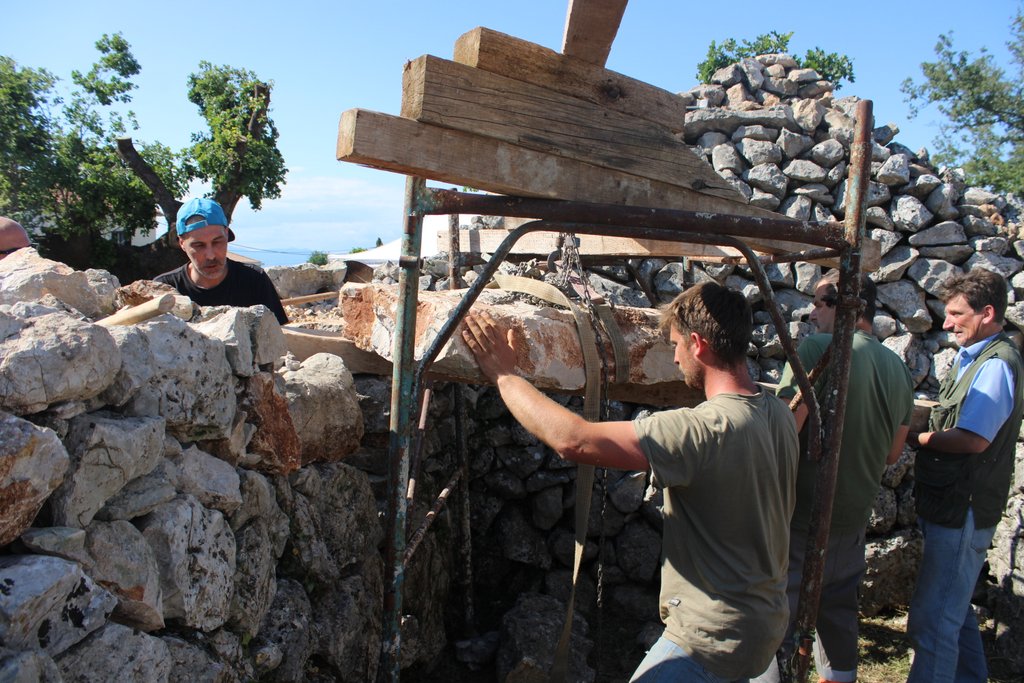
The workshop was co-financed by the Ministry of Culture and Media of the Republic of Croatia - the Protection and Preservation of Intangible Cultural Assets program and by the European Union - the Interreg Danube Region program.
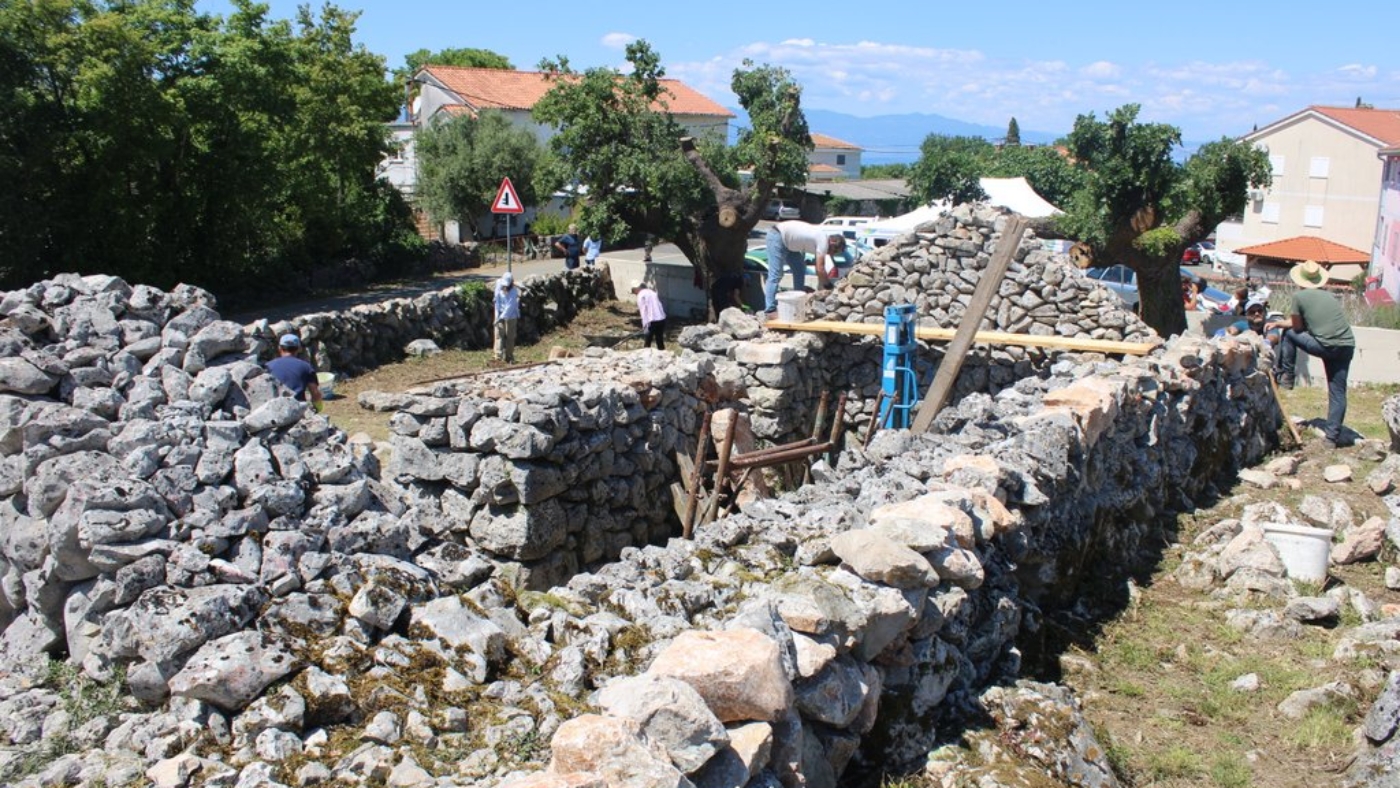
News & Events
Read the most recent updates and explore the upcoming events.

